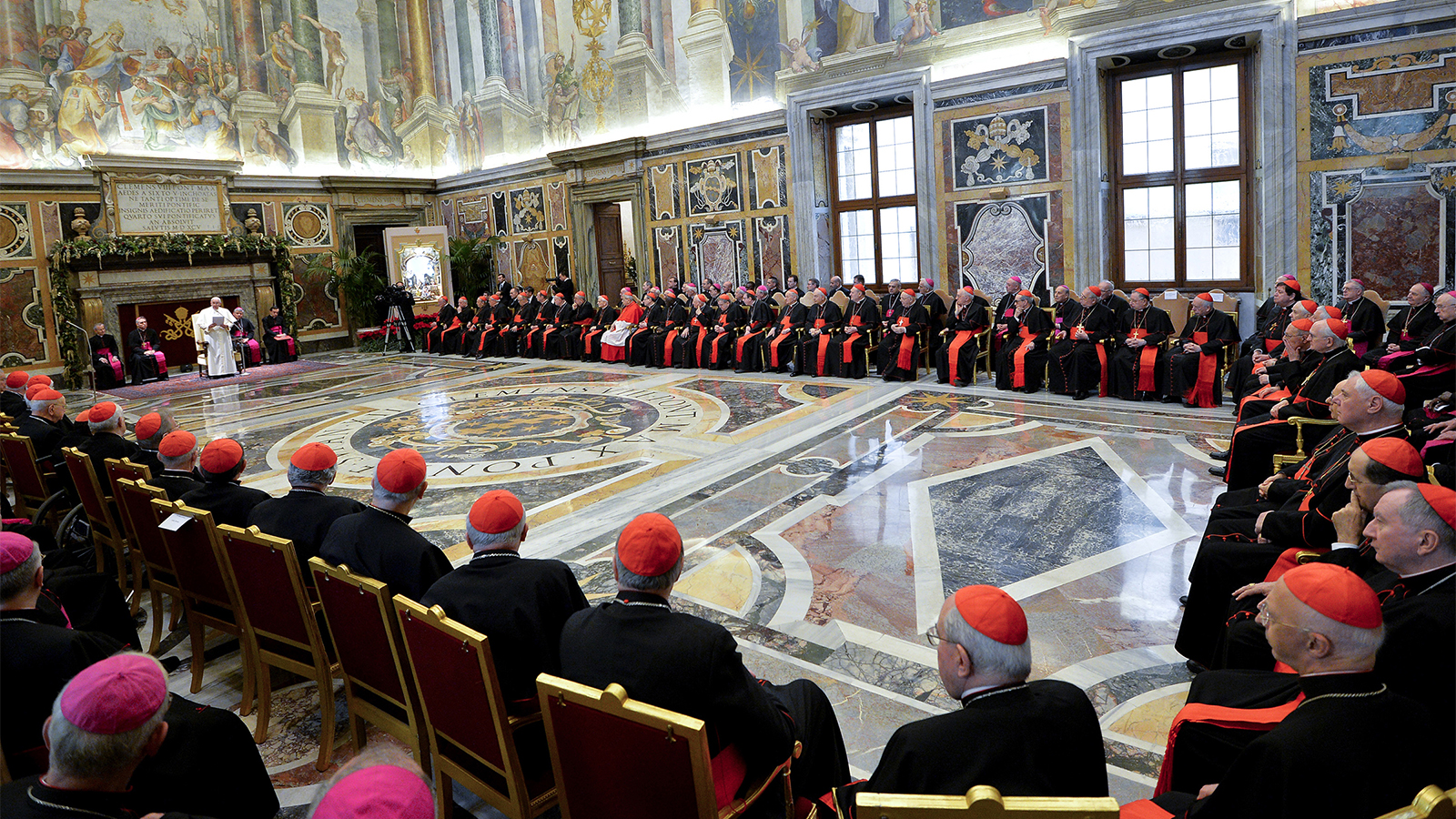E
Episcopalian
Guest
Hi everyone!
I was reading in the news about the curia being restructured and repurposed over the course of a 10(?) year period.
I’m really struggling to understand certain aspects:

 www.lifesitenews.com
www.lifesitenews.com
I was reading in the news about the curia being restructured and repurposed over the course of a 10(?) year period.
I’m really struggling to understand certain aspects:
- Why are people upset that the congregation of evangelization being put above the one of doctrine?
- Why are the congregations ranked in the first place?
- What’s the thought process behind making the congregations serve the bishops?

Vatican’s former doctrine chief sounds alarm on Francis’ plans to reorder curia - LifeSite
The plans do not contain a 'convincing concept of the origin, essence, and mission of the Church.'
Last edited:

